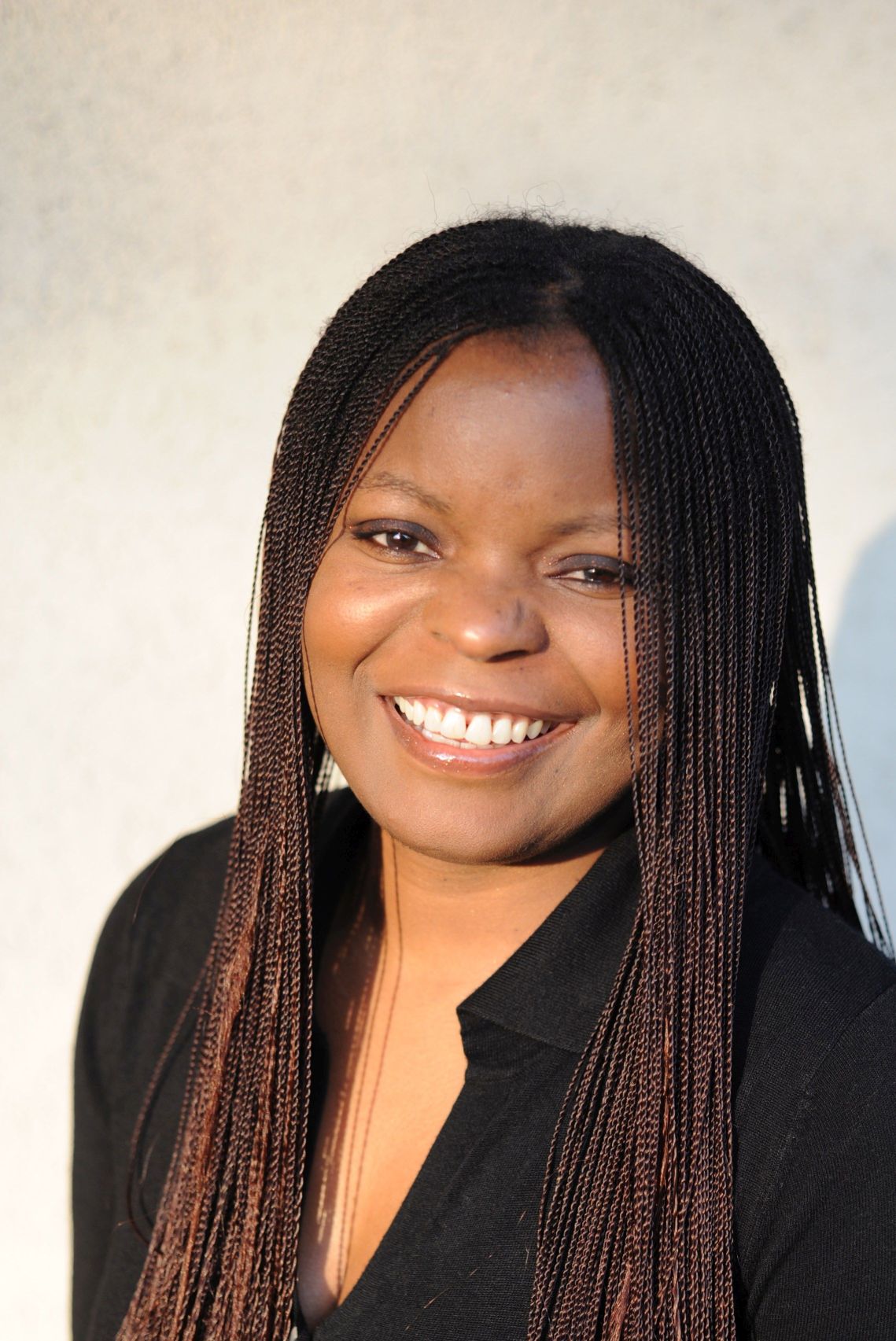Zimbabwe, Literature, 2017
Petina
Gappah

The year is 1980: Zimbabwe gains its independence, the decades-long War of Liberation comes to an end, and the majority voting system is introduced. When considering the work of the author Petina Gappah, born in Zimbabwe in 1971, it is helpful to remember these facts if we want to understand the entire scope of her work: She completed her studies in Zimbabwe and England and completed her doctorate in Austria, today lives in France and works as a lawyer specialized in international law in Geneva, with a focus on world trade.
And yet the political upheaval of her country deeply affected Petina Gappah’s childhood and had a lasting influence on her worldview. It’s no surprise, then, that many of her works take place in Zimbabwe, such as her first book from 2009, a short story collection titled “An Elegy for Easterly,” which soon received many awards, including the Guardian Firat Book Award, along with high praise from J.M. Coetzee. It is a book which, among other things, is about Easterly Farm, one of the many rundown areas in Mugabe’s Zimbabwe, dating to that point in time when the ruler had already crushed the hope springing from the victory for independence in 1980: Life then was hell for ordinary people in a society plagued by rampant inflation, sclerotic bureaucracy, and out-of-control misogyny and hypocrisy. In her book, Gappah honors these ordinary people and the strength of their resistance, which she does without painting an overly simplistic black-and-white portrait of the nation; instead, she offers a multitude of perspectives, showing that all of her characters are neither purely good nor evil – not even Mugabe. Even in these first stories, her prose is so clear and melodious, so imbued with a lyrical musicality, that it evokes the qualities shared by her native language Shona. Lest we forget: Petina Gappah also has a gift for humor, a satirical undercurrent that prevent her stories from succumbing to the tragedy they take as their subject: That is, the tragedy of a society so polarized that its divisions cannot be bridged, and where silence, lies and secrets are allowed to thrive. These disruptions to the political and social order are examined again in her first novel, titled “The Book of Memory” (2016). The first-person narrator is named Memory, a woman who for a variety of reasons finds herself exiled and outcast: Memory is an albino – and, consequently, cannot really be defined as black or white in a country that categorizes people by race. In the novel, she is the only woman sitting in death row in a prison in Harare after being found guilty of having murdered her “adoptive” father – a white man to whom she was sold by her parents when she was nine years old. The novel is composed of Memory’s reminiscences of her life, which she writes for an American journalist whom she hopes will help her prove her innocence and gain a pardon. Memory is a descriptive name – and, like all memory, can be deceptive in the way that it zigzags along its own reconstruction. Over the course of the novel, Memory is revealed to be an unreliable narrator, one who pulls her readers along through meandering jaunts in time, forcing them to reconsider that which they had previously held true. The nature of her relationship with Lloyd Hendricks in particular remains shrouded in mystery throughout much of the novel, in part because Memory is long unable to face the truth. Her memories are kept aloft through photographs, music and orally transmitted stories – indirectly pointing out how the history of black people is often unwritten, unlike, as Memory realizes one day, the history of Lloyd and the British. Using Memory’s life, Petina Gappah holds up a mirror to society, creating an expansive panorama of recent Zimbabwean history, and not shying away from the questions of race and class that are so omnipresent in society, just like corruption and issues of religion and tradition. Race and class are also a focus of her 2016 book of short stories called “Rotten Row.” Inspired by the short stories of Ferdinand von Schirach collected in “Crime” and “Guilt,” she read the crime reports published in Zimbabwe’s newspapers from a different vantage point, looking at crime as the site where all layers of society intersect – the ideal raw material, in other words, for taking a critical view of one’s own society. In so doing, it goes without saying that the author – who, after all, is also a human rights lawyer – peers behind the façade of the western powers who have settled in Zimbabwe in unknown numbers as influential NGOs.
Text: Claudia Kramatschek
Translation: Amy Pradell
Die Farben des Nachtfalters. Roman. Translation: Patricia Klobusiczky. Arche Verlag. Hamburg 2016.

